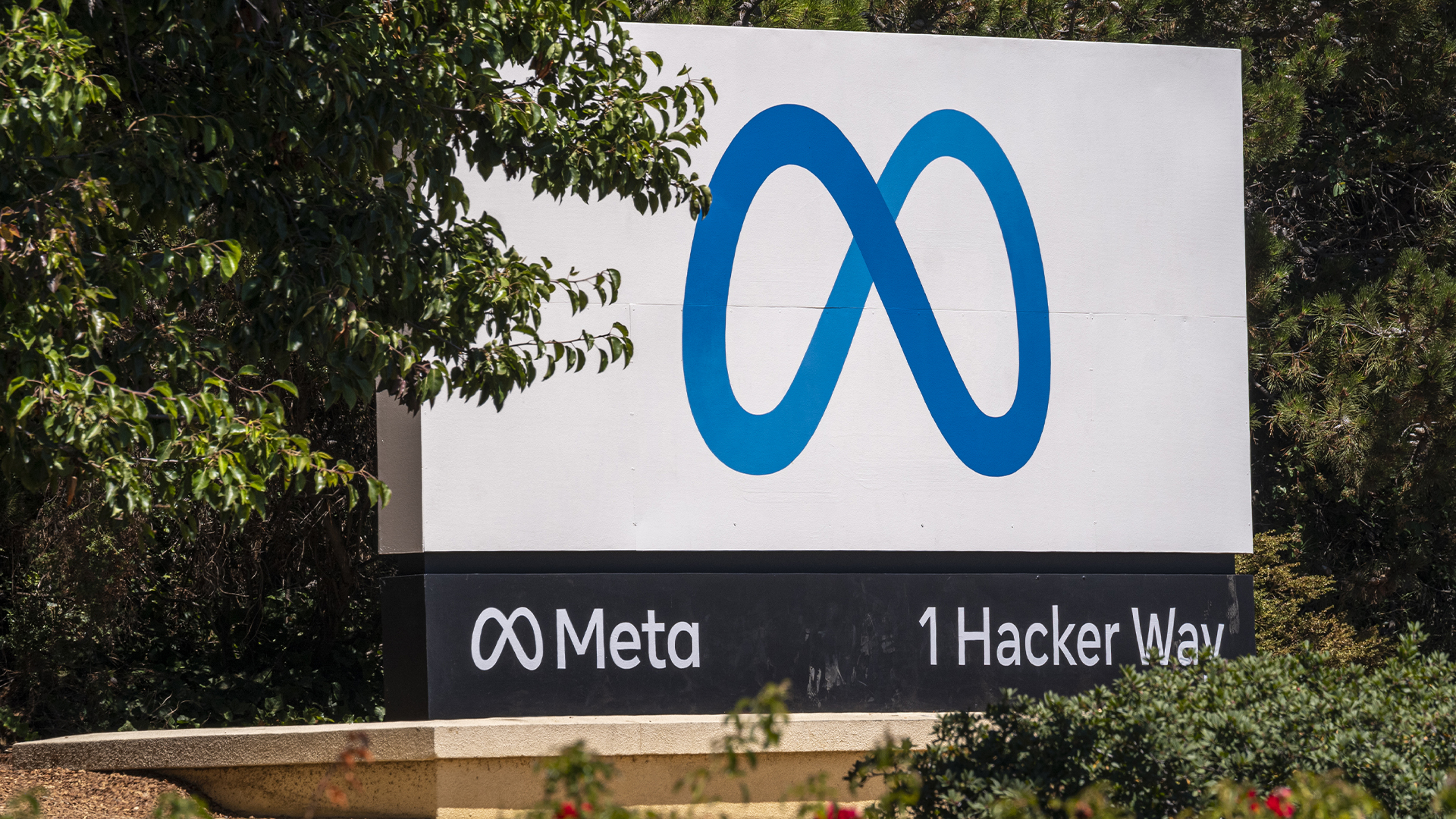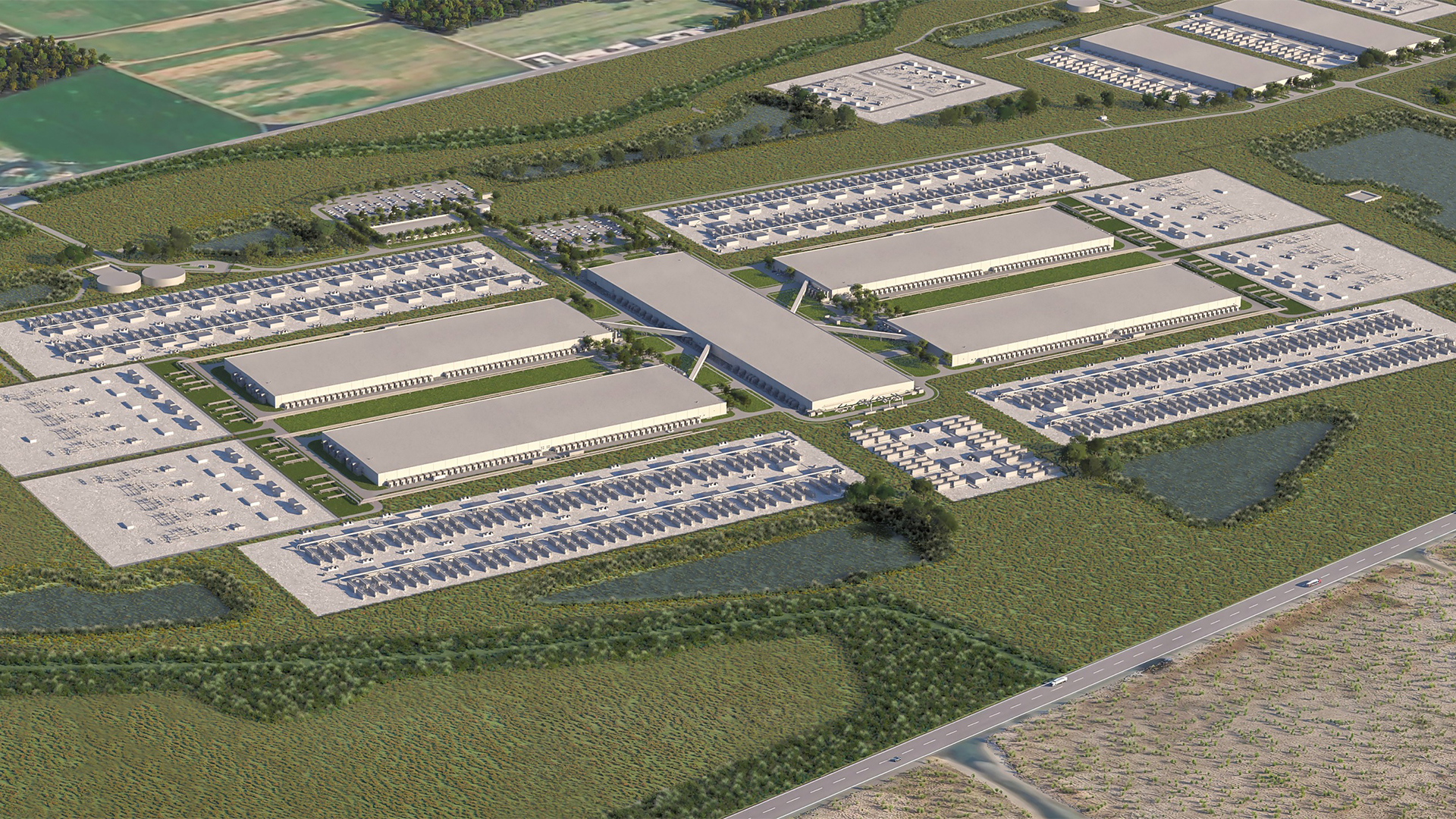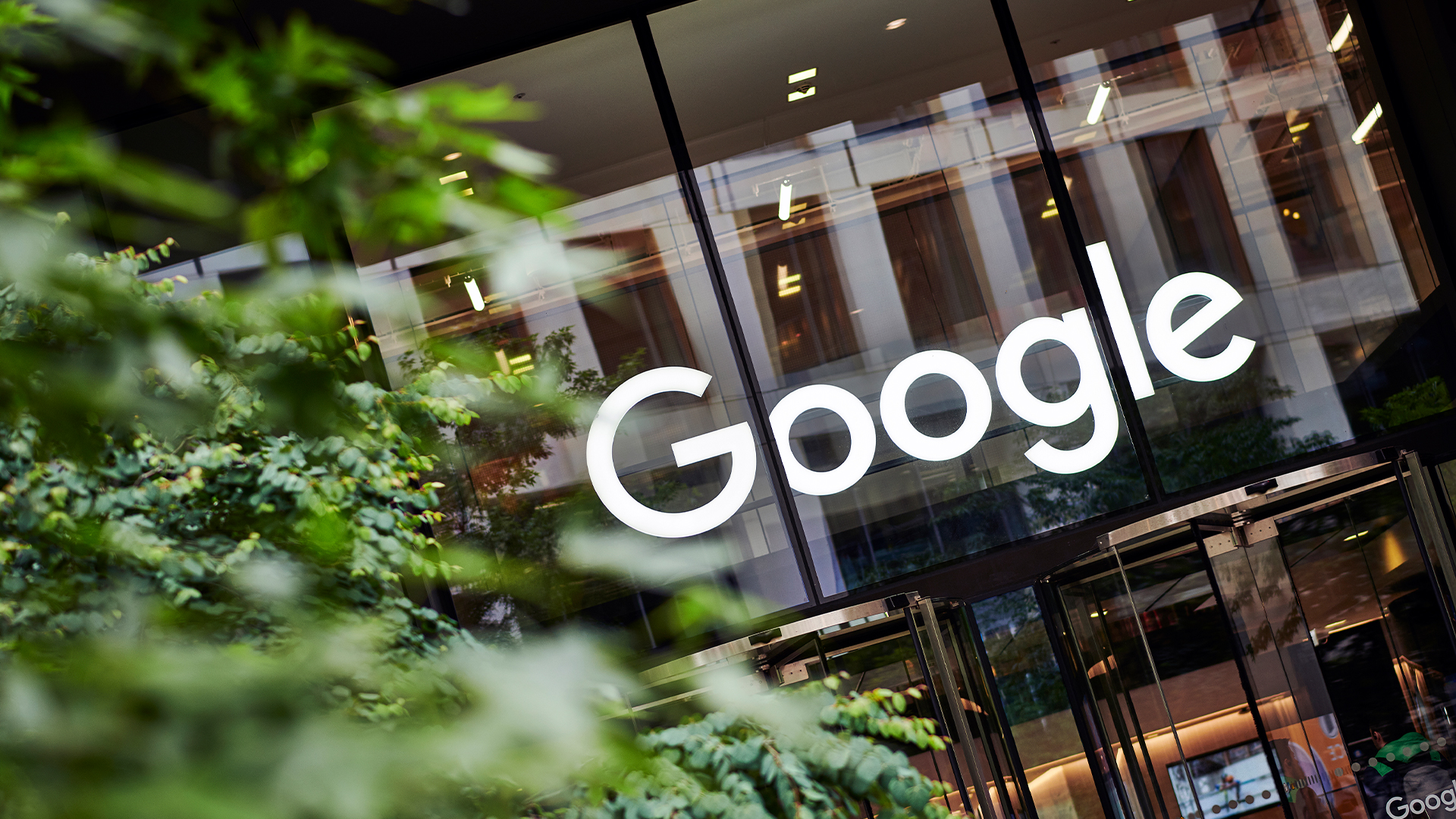Big tech is investing heavily in geothermal energy for data centers – and Meta is the latest major player to tap the technology to contend with surging AI power demands
Meta’s partnership with Sage Geosystems comes amid a sharpened focus on alternative data center energy sources


Meta has announced it is turning to geothermal energy as part of a new deal with Sage Geosystems.
The tech giant is teaming up with Sage to develop a geothermal system for emissions-free power for its data centers. The first phase is expected to come online by 2027. A specific location is yet to be decided.
The geothermal project will make up a small slice of Meta's overall renewable energy, with the Sage partnership producing 150MW versus a total contracted 12,000MW of renewable energy.
Still, as geothermal remains little used in the US — just 0.4% of total power generation, according to Reuters — it's hoped the investment could help kick start wider use of geothermal.
Meta will be using Sage's Geopressured Geothermal System (GGS) as part of the deal, the tech giant confirmed. Traditional geothermal requires a thermal resource such as underground reservoirs, but the Sage GGS taps the energy in hot, dry rocks — which Meta notes is a "vastly abundant resource" across the US.
"At Meta, we understand the need for reliable, affordable and carbon-free power, and we’re committed to pioneering clean energy initiatives to support our work," the company said in a statement.
The partnership was unveiled at a US government event on geothermal energy. US Energy Deputy Secretary David Turk said growth in new industries like AI has led to "unprecedented growth in demand for energy" — and that it should be fueled by renewable sources.
Sign up today and you will receive a free copy of our Future Focus 2025 report - the leading guidance on AI, cybersecurity and other IT challenges as per 700+ senior executives
"The Administration views this increased demand as a huge opportunity to add more clean, firm power to the grid and geothermal energy is a game-changer as we work to grow our clean power supply," he added.
The move by Meta makes it the latest big tech player to invest in geothermal energy, which is growing in popularity. Earlier this year, Google turned to geothermal for sustainable energy, investing in two projects in Nevada.
While tech companies have long invested in renewable energy sources, a key factor in the recent sharpened focus on renewables is due to the surging demand placed on data center infrastructure by generative AI.
It's an issue that's become a recurring flashpoint for big tech players in recent months, with many now struggling to meet ambitious ESG goals.
In July, for example, Google admitted its carbon emissions had increased by 48% since 2019, while Microsoft said its emissions are up 30% since 2020. And while such companies invest heavily in renewable sources, critics say it's little more than a carbon offset.
Energy tradeoffs
Although Meta said the investment in geothermal is intended for its data centers, the Sage system won't be directly creating energy that feeds into Meta's systems.
Instead, energy will be fed back into the wider power grid — as is often the case with large tech companies' renewable investments.
While some renewable energy sources, such as solar, might be directly used by data centers, larger investments into other sources serve to green the grid in an amount equivalent to that used by tech infrastructure.
For example, Amazon earlier this year said it had reached 100% renewable energy — well ahead of a 2030 goal — and that is achieved by matching its electricity consumption with investment in renewable sources.
Recent analysis by Bloomberg Green revealed that though such companies claim to be emissions free, that is largely down to credits called unbundled renewable energy certificates.
These are essentially carbon offsets that don't compare like for like, notably around when energy is generated and consumed. Those defending the certificate system argue that it drives investment in technologies — such as new geothermal techniques — that wouldn't otherwise happen. Critics say it's greenwashing.
If these credits weren't counted, the report noted, Amazon's emissions would be 8.5 million metric tons more than reported, while Meta's would go from zero to 740,000 tons. Google doesn't use these credits, and is arguing for different systems of accounting for emissions.
That said, the report also noted that Meta has a higher percentage of its energy use sourced from true renewables than Google.
Freelance journalist Nicole Kobie first started writing for ITPro in 2007, with bylines in New Scientist, Wired, PC Pro and many more.
Nicole the author of a book about the history of technology, The Long History of the Future.
-
 Meta is working on a 5GW data center to supercharge AI infrastructure – and Mark Zuckerberg says one cluster alone ‘covers a significant part of the footprint of Manhattan’
Meta is working on a 5GW data center to supercharge AI infrastructure – and Mark Zuckerberg says one cluster alone ‘covers a significant part of the footprint of Manhattan’News Mark Zuckerberg detailed plans for a huge infrastructure investment program in a post on Threads earlier this week – here's what you need to know.
-
 Meta is building the world’s longest subsea cable: Project Waterworth will span 50,000 km and connect five continents – and it aims to boost global connectivity and AI services
Meta is building the world’s longest subsea cable: Project Waterworth will span 50,000 km and connect five continents – and it aims to boost global connectivity and AI servicesNews Meta has announced plans to build the world's longest subsea cable in a bid to supercharge global connectivity and drive AI innovation.
-
 Ireland has become a “data dumping ground” for big tech
Ireland has become a “data dumping ground” for big techThe sharp increase in data center projects may be threatening Ireland's net-zero aspirations
-
 Meta wants to join the big tech nuclear club
Meta wants to join the big tech nuclear clubNews Meta has become the latest big tech company to explore the use of nuclear energy to power data centers.
-
 Meta just unveiled plans to spend $10 billion on its largest-ever data center
Meta just unveiled plans to spend $10 billion on its largest-ever data centerNews The Louisiana facility will be optimized for AI workloads
-
 Inside Google’s plan to use data center waste heat to warm nearby homes and businesses
Inside Google’s plan to use data center waste heat to warm nearby homes and businessesNews Google said waste heat will be reused as part of $1 billion investment to support AI growth
-
 Ireland is about to get a next-generation data center powered entirely by solid oxide fuel
Ireland is about to get a next-generation data center powered entirely by solid oxide fuelNews Lumcloon Energy and Korea's SK Ecoplant are turning to fuel cells in a bid to curb reliance on grid-based energy sources
-
 After decades of data center trauma, tech giants have finally killed the leap second
After decades of data center trauma, tech giants have finally killed the leap secondIn-depth From 2035, time will begin to fall out of sync with reality but, on the plus side, it’ll be much easier to run data centers


